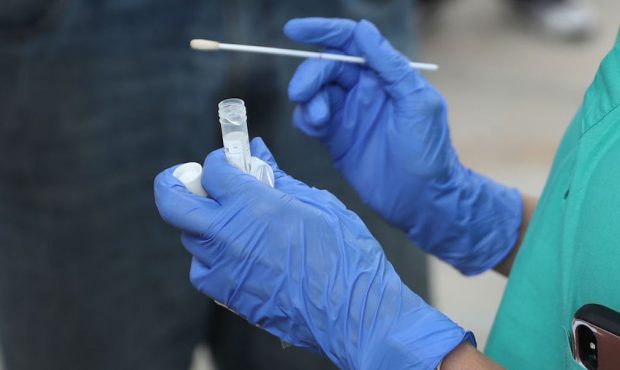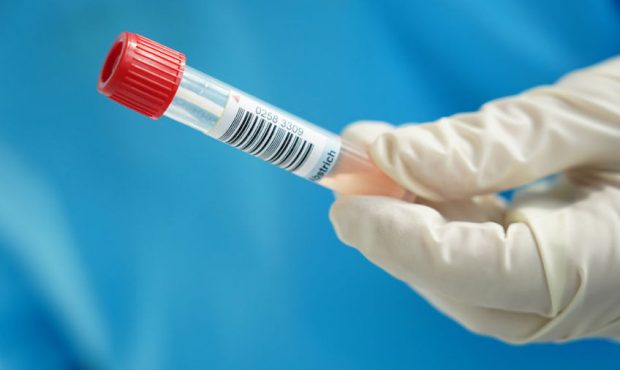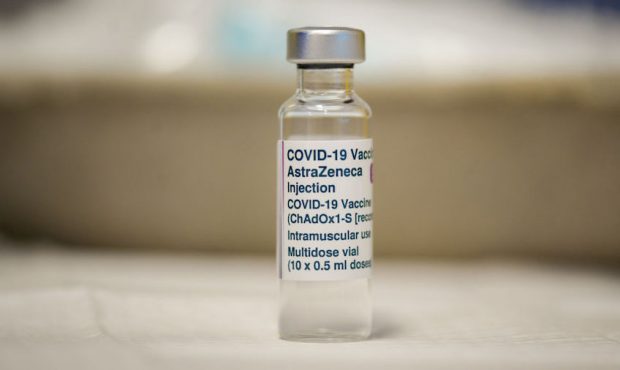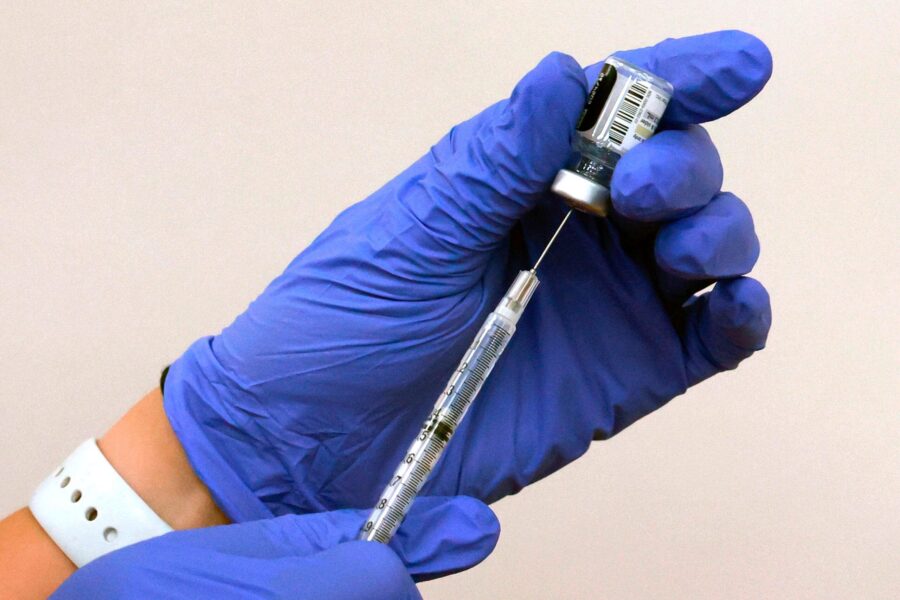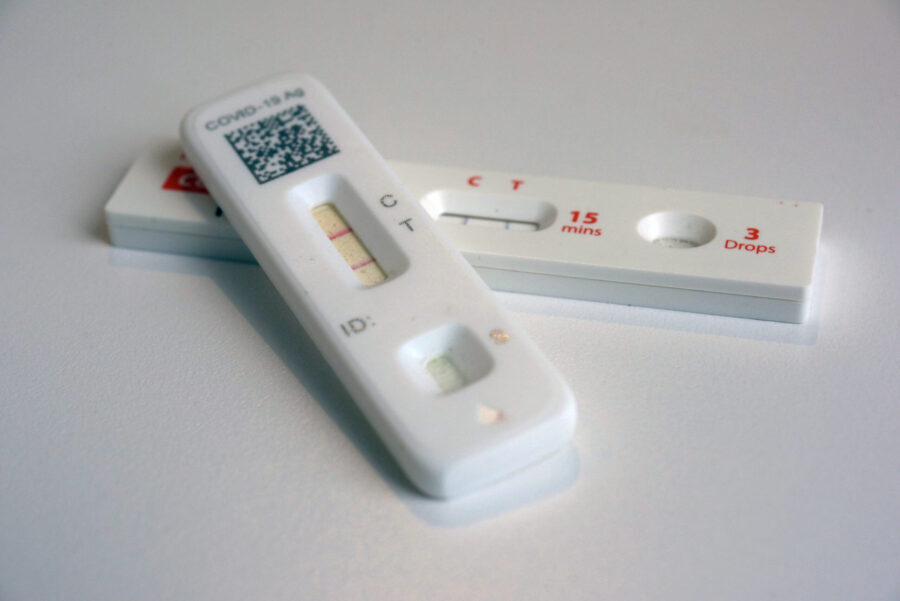First Case Of COVID-19 Brazil Variant Identified In Utah
Mar 22, 2021, 4:39 PM | Updated: 8:34 pm
SALT LAKE CITY, Utah – Officials with the Utah Department of Health confirmed the first case of the P.1 variant, commonly referred to as the Brazil variant, even as new COVID-19 cases declined Monday.
Meanwhile, officials with the Centers for Disease Control warned the spread of variants could cause another surge. So, public health leaders and doctors urge us to take precautions and get vaccinated to beat the variants.
Utah identified one case of the P.1 variant in a person who lives in Salt Lake County and has a history of travel to Brazil.
“We have confirmed over the weekend that our first P.1 variant, which is more commonly known as the Brazil variant, has been identified in the state,” said Tom Hudachko, director of communications for the Utah Department of Health.
But, you don’t have to travel to Brazil or the United Kingdom to catch those strains of COVID-19, because they are circulating in the United States.
“We are certainly seeing more and more U.K. variant showing up, which is what we anticipated,” said Hudachko.
State health officials had previously identified 85 cases of the B.1.1.7 variant, commonly known as the U.K. variant, which showed up two months ago.
“Those viruses move around,” said Dr. Todd Vento, an infectious diseases physician with Intermountain Healthcare. “People travel and they travel with their viruses, and that’s exactly what we’re seeing.”
The B.1.1.7 variant represents less than 1% of all COVID-19 cases in Utah, and the state is not seeing a surge in either that variant or the P.1 variant.
But, the CDC warned variants could become a nationwide problem if Utahns are not careful.
“We think that there are probably more cases than we are actually finding,” said Hudachko.
Each variant seems more transmissible than the original strain. However, Vento said the vaccines also seem to work against the strains, even if their efficacy is somewhat reduced.
Health departments and doctors are urging us to mask up and social distance until more people are vaccinated.
“Those are the things that we’ve been doing for the past year and they are the things that we will continue to ask people to do and that will continue to work until we get enough people vaccinated that we start to achieve herd immunity,” said Hudachko.
“It is the race — vaccination against variants,” said Vento. “We’ve got to shut down the virus as much as we can so that we don’t allow the virus to proliferate.”
Vento is fully vaccinated but continues to wear a mask and social distance to avoid the variants. There is no certainty that vaccination is 100% effective against catching or transmitting the variants.
“Opening places up to mass gatherings and not wearing masks when people aren’t vaccinated — it’s just a recipe for disaster with new variants that can be more resistant,” he said.
On the positive side, Vento said monoclonal antibody treatments are quite effective at reducing the severity of COVID-19 among the variant strains.


